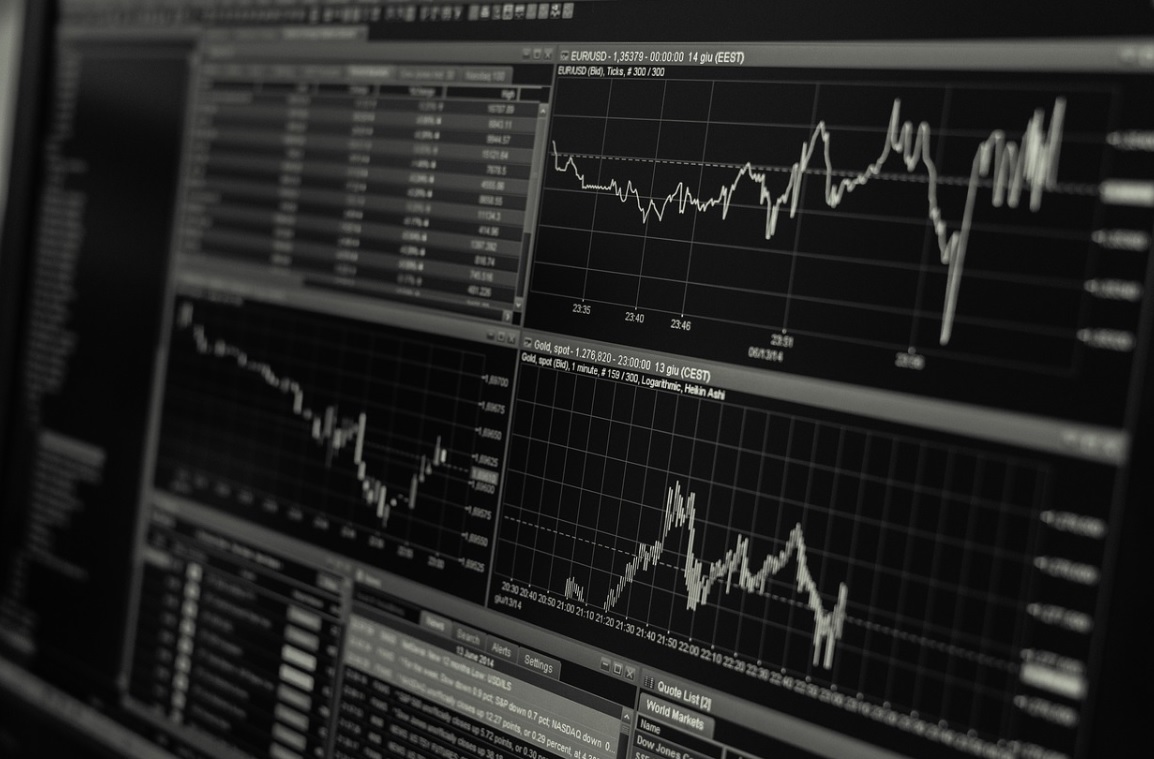Global shares dipped on Wednesday, while the dollar headed for its biggest weekly gain since February to trade at six-week highs, reflecting risk aversion pending a breakthrough to lift the U.S. debt ceiling.
Democratic President Joe Biden and top congressional Republican Kevin McCarthy on Tuesday held an hour of talks to avoid a potential U.S. debt default.
After the meeting, McCarthy, the speaker of the House of Representatives, told reporters the two sides remained far apart.
But he said: "It is possible to get a deal by the end of the week. It's not that difficult to get to an agreement."
The MSCI All-World index (.MIWD00000PUS) eased 0.1% on the day, while Europe's STOXX 600 <.STOXX > fell 0.1% and U.S. stock index futures , rose 0.3%.
Without an agreement, in about two weeks, the government might not be able to pay its bills, and economists believe the chances of a recession are rising.
"Given aggressive rate hikes and curve inversions, we think there’ll be a U.S. recession rather than a soft landing," Deutsche Bank strategist Jim Reid said, referring to how yields on short-dated Treasuries have soared above those for longer-dated bonds. Known as curve inversion, they indicate investor nervousness.
The dollar has rallied 2% against a basket of major currencies in the last month, as investors anticipate a slowdown in the U.S. economy.
"A period of risk reduction by global investors could begin to weigh more heavily on high beta currencies such as commodity and emerging market currencies, at least until a deal is reached," MUFG strategist Lee Hardman said.
High-beta currencies - ones that tend to be more volatile - such as the pound are up sharply so far this year, along with emerging-market currencies, such as the Mexican peso or the Brazilian real .
The dollar index , which on Wednesday traded around its highest since early April, has gained over 1.5% in the last week - making this its strongest week-on-week gain since late February.
Recent economic data indicates slowing in the U.S. economy following rate hikes by the Federal Reserve to fight high inflation. Markets are pricing the Fed to cut rates towards the end of the year, according to the CME FedWatch tool, but some Fed officials have stuck to hawkish rhetoric.
Atlanta Fed President Raphael Bostic said the Fed would need to stay "super strong" in fighting inflation even if the unemployment rate starts to rise later in the year, while Chicago Federal Reserve President Austan Goolsbee said it was premature to be discussing interest rate cuts.
Home Depot, one of the major retailers, issued a downbeat forecast on Tuesday, while data showed mixed April U.S. retail sales, as consumers tighten their purse strings.











